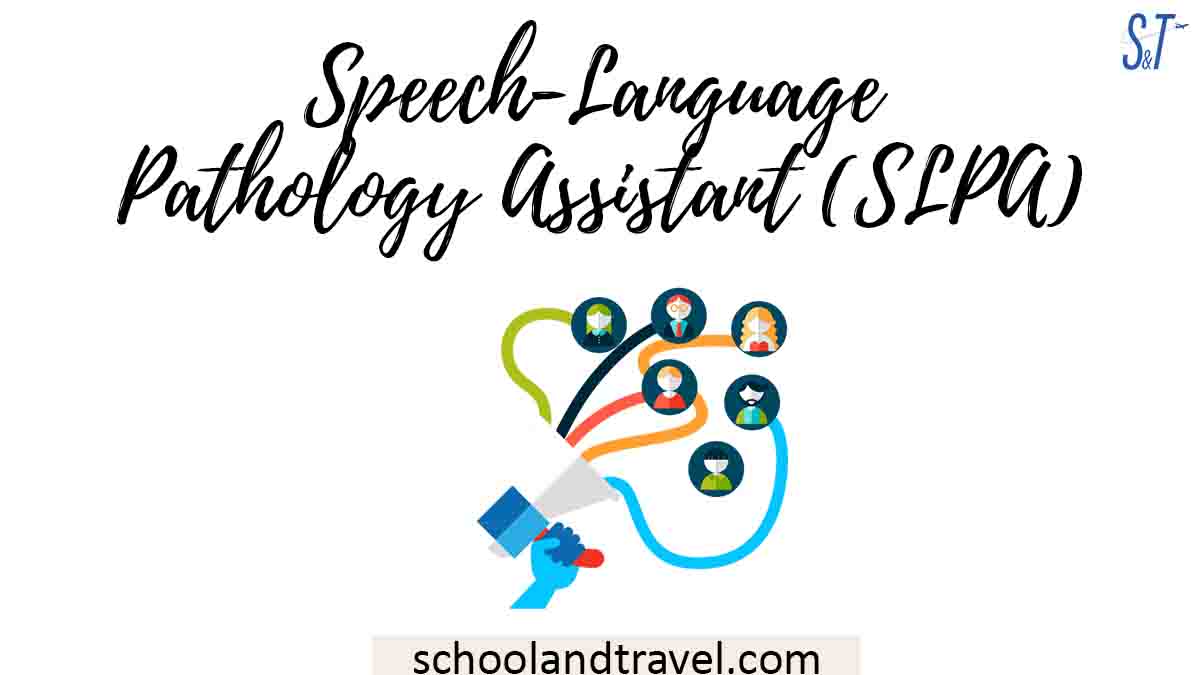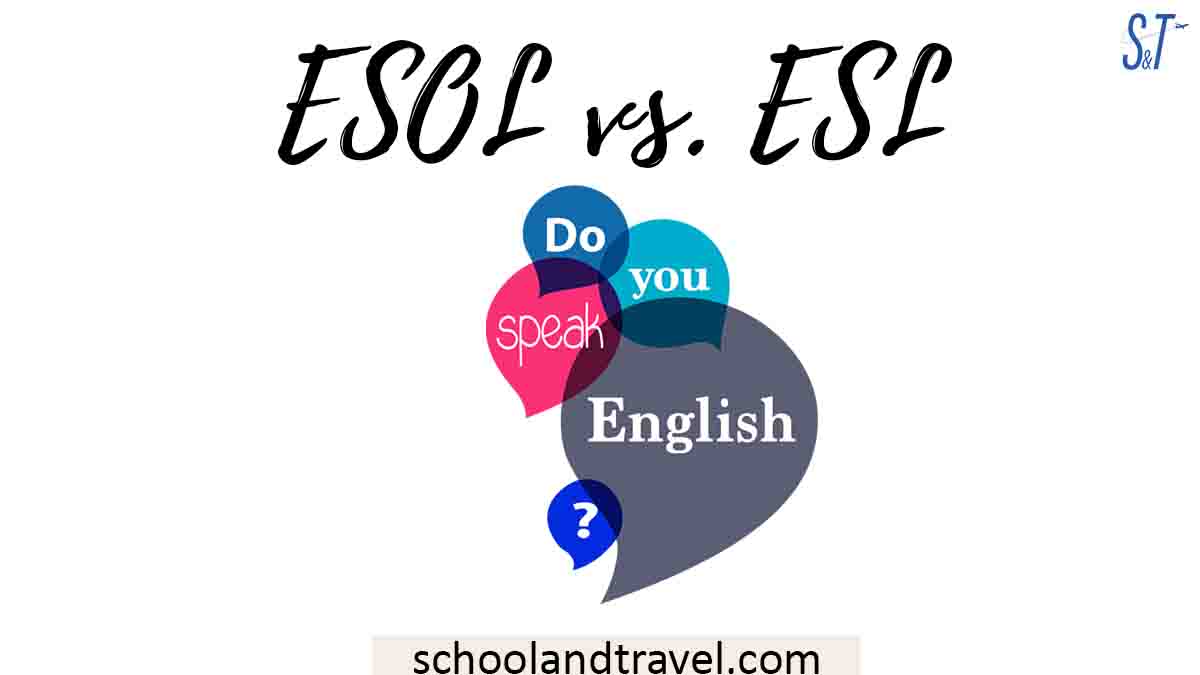Are you drawn to the rewarding field of midwifery but don’t hold a nursing degree?
You can become a midwife even if you don’t have a nursing degree, as long as you know and follow the specific education requirements.
There are many ways to get training, such as through an apprenticeship, an accredited midwifery program, or a postgraduate midwifery program.
This guide gives a detailed look at how to become a midwife without a degree in nursing.
Overview Of Becoming A Midwife Without A Nursing Degree
Becoming a midwife without a nursing degree is possible for those wanting to enter the field.
Even though it’s not as easy as getting a nursing degree, there are still ways to become a registered midwife without going to school for nursing.
If you don’t have a nursing degree, enrolling in a program the government recognizes is the first step to becoming a midwife.
This program must be approved by a well-known midwifery accreditation body, like the American College of Midwives or the American Midwifery Certification Board.
Accredited midwifery programs can be found at many institutions in the U.S., including universities, colleges, and specialty schools.
While not all programs are the same, they typically involve obstetrics, gynecology, anatomy, physiology, and nutrition courses.
Some programs offer more specialized classes, such as childbirth, prenatal care, and caring for newborns.
Students in an accredited midwifery program usually have to do a certain number of hours of clinical work and pass a national exam.
Once the midwifery program is completed and the national exam is passed, the next step to becoming a registered midwife is to apply for a state license.
Each state has different licensure requirements, so it is important to check with the specific state board of midwifery for requirements.
Most states require midwives to pass a written and/or practical test before getting a license.
Additionally, some states may require a criminal background check or other verification forms. Once a midwife is licensed in their state, they can become a certified professional midwife (CPM).
What is CMP?
CPMs are the highest level of midwives who can help their clients with their maternity care needs.
To become a CPM, you usually have to do an apprenticeship that lasts at least 18 months, pass a national certification exam, and meet the requirements of a well-known midwifery organization.
Becoming a midwife without a nursing degree is possible and can be a rewarding career path for those passionate about the profession.
With the right training and commitment, anyone can become a midwife and make a difference in the lives of moms and babies.
Understanding Midwifery Education Requirements Without a Nursing Career
Midwives are important to the healthcare team because they care for women and their babies before, during, and after birth.
While a nursing degree does provide certain benefits that are not available to a midwife without a nursing degree, it is not necessary to become a midwife.
To become a midwife, the first step is to understand the midwifery education requirements.
Midwifery is a highly specialized field requiring workers to know much about human physiology, anatomy, pharmacology, and other related topics.
So, the minimum education needed to become a midwife is to finish a program that teaches these things.
Midwifery programs vary in length and difficulty, but it usually takes two to four years to become a certified midwife.
As you read “How To Become A Midwife Without A Nursing Career,” also read on:
- MCAT vs. DAT (Meaning, Similarities, Differences, Study tips)
- 514 MCAT (Meaning, Good MCAT score, Poor MCAT score)
How are Midwifery Education Programs in the U.S.?
In the United States, most midwifery education programs are accredited by the American College of Nurse-Midwives (ACNM).
However, other organizations, such as the North American Registry of Midwives (NARM), also offer certification programs.
Midwifery education programs are typically comprised of both academic and clinical training.
Most academic courses will focus on anatomy and physiology, nutrition, pharmacology, obstetrics, labor and delivery, and other topics.
On the other hand, clinical training will involve instruction on performing deliveries, neonatal resuscitation, and other relevant procedures.
Once the education requirements have been met, a person who wants to become a midwife must pass an exam.
The ACNM offers a comprehensive certification exam that includes written and practical components.
The Certification Exam in Midwifery is another test that the NARM gives.
The exam requirements vary by organization and state, so prospective midwives should research the specific requirements for the exams they plan to take.
In addition to attending school and passing an exam, people who want to become midwives must also meet state-specific requirements for getting a license.
These may include taking an extra test, getting a background check, or finishing an apprenticeship program approved by the state.
Once all of the above requirements have been met, midwives can practice midwifery in the United States.
As you read “How To Become A Midwife Without A Nursing Career,” also read more:
- 8 Free Online Nursing Courses With Certificates (FAQs)
- Is Dental Hygiene Harder Than Nursing? (FAQs)
- 5+ Countries That Accept US Nursing License (FAQs)
Completing The Midwife Program Without a Nursing Career
The first step for those looking to become midwives without a nursing degree is to complete a midwifery program.
These programs are available at both community colleges and universities.
Each program takes two to four years to complete and will teach you the skills and knowledge you need to be a good midwife.
Many of these programs include classes on anatomy and physiology, childbirth, nutrition, pharmacology, pathology, lab procedures, caring for newborns, and midwifery law and ethics.
Students must also complete a clinical practicum in a supervised setting.
This is in addition to the work they do in class.
This practicum usually requires 120 hours of clinical experience in various settings and allows students to use their skills in the real world.
After finishing a midwifery program, graduates must pass either the American Midwifery Certification Board (AMCB) or the National Commission for Certified Professional Midwives (NCCPM), a national certification exam.
Certification of a Midwife
Once a midwife is certified, they must renew their certification every three to five years by getting more education and keeping their CPR certification current.
In addition to having the right education, people who want to be midwives must also have good communication and people skills and a caring and compassionate attitude.
A successful midwife must also be able to remain calm and composed in often stressful and unpredictable situations and must be able to make decisions quickly and accurately.
Without a nursing degree, becoming a midwife takes dedication, hard work, and commitment, but it can lead to a rewarding and important job.
As you read “How To Become A Midwife Without A Nursing Career,” also read on:
- 5 Easiest Nursing School To Get Into (FAQs)
- Steps to Embrace a Career as a Family Nurse Practitioner
- 9 Best Midwifery Schools In The World (FAQs)
Obtaining A License And Certification Without a Nursing Career
If you want to be a midwife but don’t have a nursing degree, you’ll need to get a license and certification after getting the education and training you need.
Depending on your state, the licensing and certification process may involve different steps.
Most states require you to sign up for an accredited midwifery program, pass a certification exam, and show proof of your clinical experience and background.
Many states will require you to be at least 21 years of age to be eligible for licensing, provide proof of a clean background check, and pass the National Certification Examination for NurseMidwives (NCE-NM).
The American Midwifery Certification Board (AMCB) gives this test to see if the person taking it has the knowledge and skills needed to be a certified midwife.
The exam has 150 multiple-choice questions that test your knowledge of anatomy and physiology, clinical management, and health promotion for both the mother and the baby.
Once you have passed the NCE-NM, you must also register with a state agency that oversees the licensure of midwives.
Depending on where you live, this may be the Department of Health or the Board of Nursing.
After you sign up, you must fill out an application that asks about your education, the kind of midwifery you do, and any certifications you have.
Lastly, after registering for a license, you must also get certification from a well-known group, like the American Midwifery Certification Board.
This group will test your knowledge, skills, and experience to ensure you meet the safety standards.
Once certified, you can work as a midwife and offer a full range of midwifery services.
Joining Professional Organizations
Many midwives work without a degree in nursing, making it hard for them to get professional recognition.
One of the best ways for a midwife to get noticed and be taken seriously is to join professional organizations.
By joining these organizations, midwives can meet peers, learn from experienced midwives, and stay informed about the latest developments in the field.
The American Midwifery Certification Board (AMCB) is the leading organization for certifying midwives.
The Midwives Alliance of North America (MANA) is another organization that works to help midwives do their jobs better.
The National Association of Certified Professional Midwives (NACPM) is an organization for midwives with members who work to improve midwifery and make it safer.
Frequently Asked Questions (FAQs) On How To Become A Midwife Without A Nursing Career
Yes, a nurse can become a midwife. However, they must acquire certification to do so and assist in delivering babies at birth.
Nurses assist patients during surgical processes and routine medical care. On the other hand, midwives assist pregnant women before, during, and after childbirth.
You cannot pick which profession is more difficult, between nurses and midwives. This is because both professions require a deep knowledge of healthcare practices and maternal delivery operations.
Certified Nurse Midwives (CNM), Certified Midwives (CM), Certified Professional Midwives (CPM), and Direct Entry Midwives (DEM) are the four major types of professional midwives that are out there.
Conclusion
Becoming a midwife without a nursing degree takes time and effort. However, it can be a rewarding experience with a great return.
With the right amount of knowledge, research, and dedication, anyone can be on the path to becoming a midwife.
If you don’t have a nursing degree, there are clear steps you need to take to become a midwife.
You can begin by learning about midwifery programs, filling out an application for one, finishing the program, and getting a license and certification.
Lastly, stay current with professional development and networking in professional organizations to get the most out of becoming a midwife.
Awesome one; I hope this article answers your question.
Editor’s Recommendations:
- How to Make Friends as a Transfer Student (Reasons, FAQs, Steps)
- How to Become a Medical Doctor in Korea (Step by Step)
- 8 Free Online Nursing Courses With Certificates (FAQs)
- Is Dental Hygiene Harder Than Nursing? (FAQs)
- 4 Best Jesuit Medical Schools in the U.S. (Meaning, Duration, FAQs)
- What does “Rushing” mean in College? (Sorority, Fraternity, FAQs)
- 10 Best Ballet Schools in the World (Duration, Benefits, Worth)
If you find this article good, please share it with a friend.


